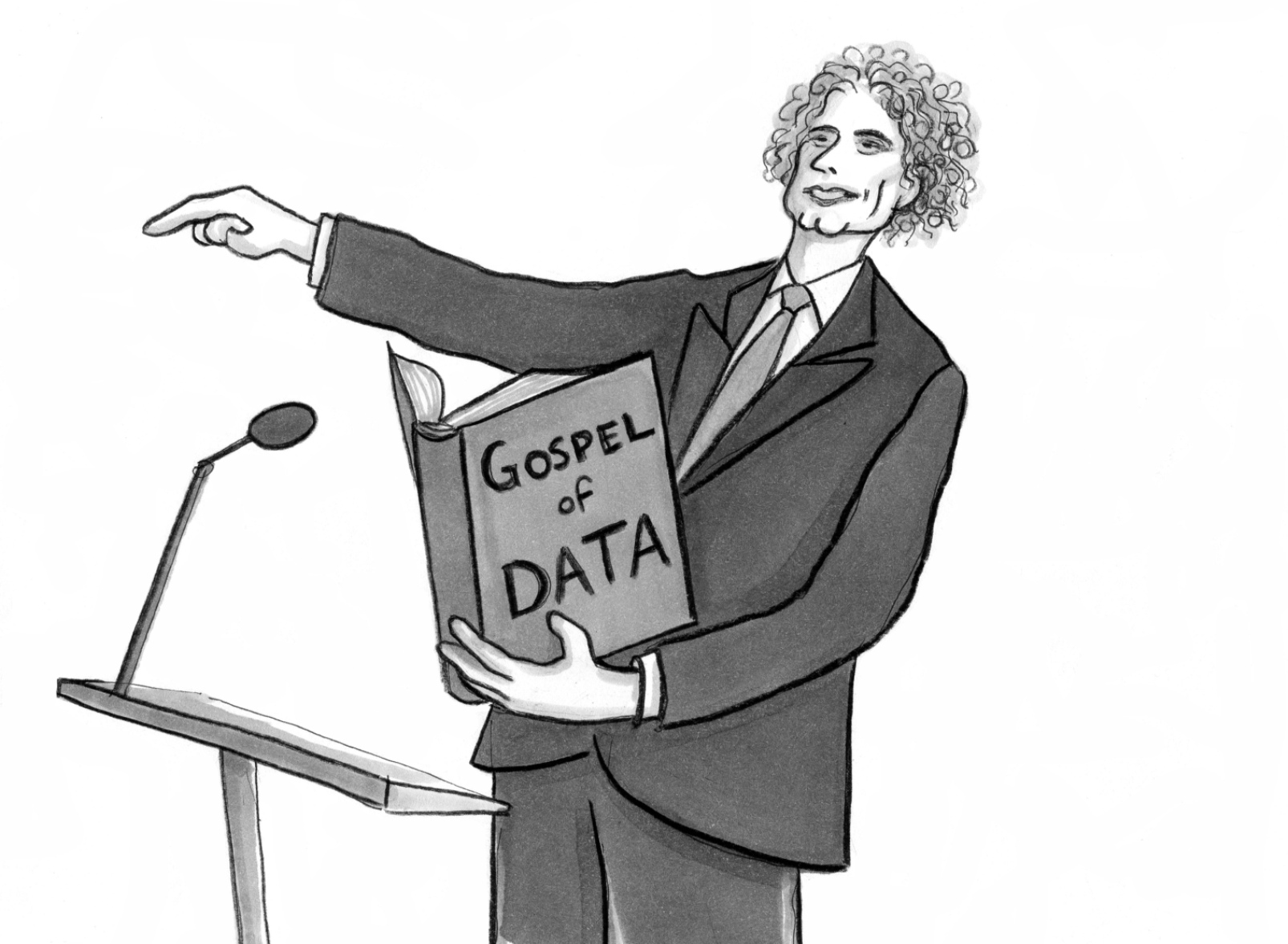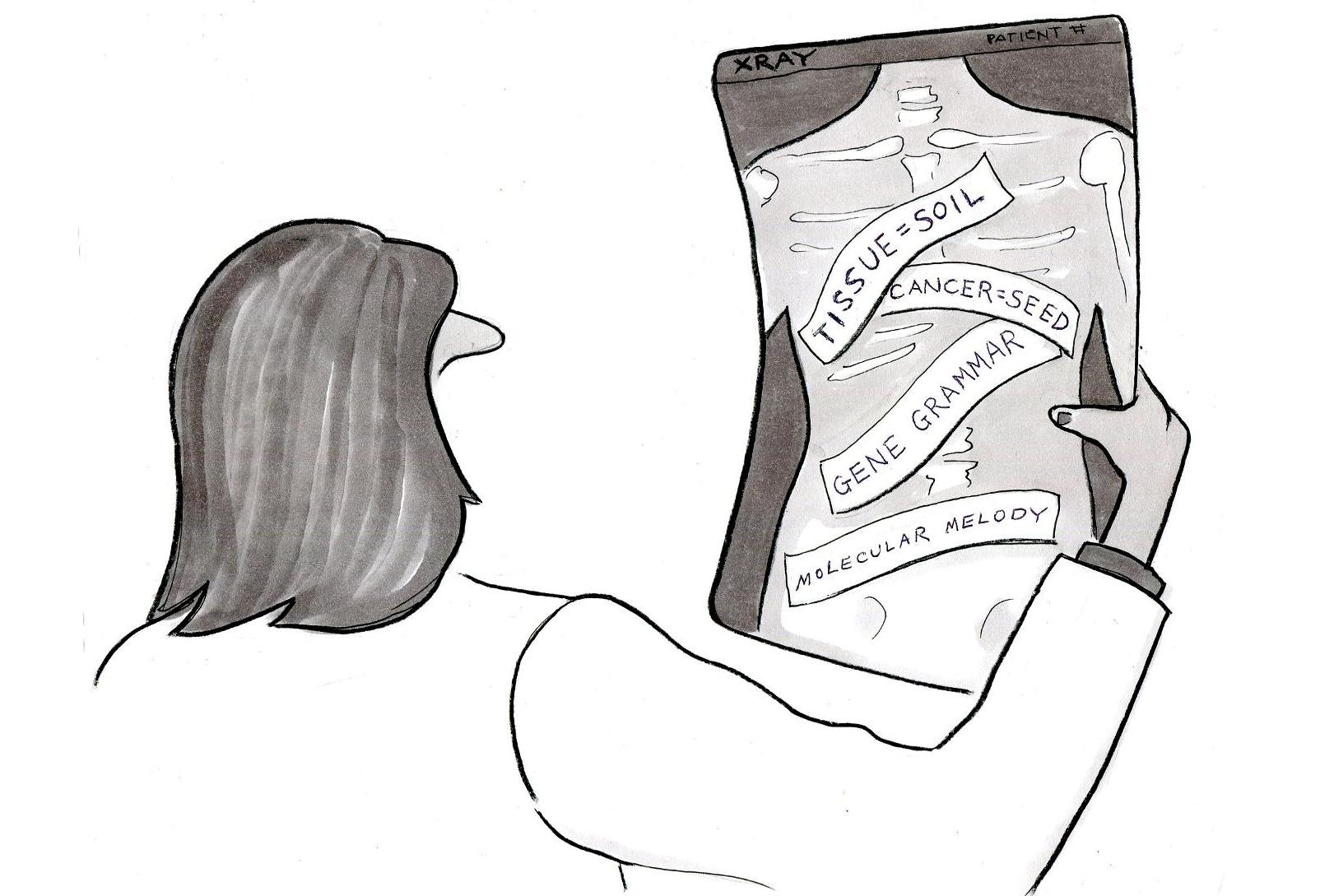Jag Bhalla
Science Writer, Blogger, and Essayist
Jag Bhalla is a writer and entrepreneur. Current projects include this "Thought Fix" blog series for Big Think. And NanoSalad a zero-prep way to zap veggie gaps (by BodZoo LLC, a future-friendly, basic-by-design business, see www.bodzoo.com for further details). Prior projects include "Errors We Live By," a series of short exoteric essays exposing errors in the big ideas running our lives. And I'm Not Hanging Noodles On Your Ears, a surreptitious science gift book from National Geographic Books, which explains his twitter handle @hangingnoodles.
By not taking emergency action to combat climate change, we’re gambling dangerously with the future.
It’s economists vs. climate scientists in this facet of the climate change debate.
The consequences of our climate-cooking habits will burden all future humans.
There’s concrete tradeoff logic lurking beneath the numbers and market abstractions.
If economic growth knowingly increases mass-scale suffering, can we stop chasing it?
Determining whether human nature is short-sighted when it comes to survival-necessary situations
A much-needed “causal revolution” has arrived in Judea Pearl’s ‘The Book of Why’. But despite vast improvements over “trad stats”, there’s cause for concern over logic-losing numbers.
How we talk about genes shows many are confused. Seductive stats illusions, iffy gene ideas, bad causology, and lax jargon, are creating a recipe for epistemic comedy (and genetic tragedy).
Free-market fans often fail to see how self-interest can create diseased-market games. Robert Frank helps diagnose American healthcare’s deadly trillion-dollar disease.
Almost every reader will learn from the vast erudition (and biblical proportions) of Steven Pinker’s ‘Enlightenment Now’. But it’s data-lit gospel of progress hides darker biases.
Few know about the trillion dollar crime that stole pay raises while weakening our economy. The “lootocrats” and their courtiers are taking us for a ride.
Here’s the psychology that explains why many economists prefer to be narrowly right yet broadly wrong (they suffer from professional “rigor distortis”).
We can “read” genes with ease now, but still can’t say what most of them “mean.” To show why we need clearer “causology” and fitter metaphors, let’s scrutinize cars and their parts like we do bodies and genes.
Why do some smart folk spout such bad ideas? Marilynne Robinson says it’s because we teach them “higher twaddle.” She’s right, but the situation is worse than she fears.
Why did Shakespeare find fault in ambition?
A common belief that regulations are a burden on businesses is challenged by Maryn McKenna’s book Big Chicken.
“Scientists should think like poets,” says E.O. Wilson, because new metaphors mobilize new thinking.
Is “science broken” or self-correcting? And who is going to do the grown-up thing and fix the game (instead of scoring points within it)?
Are noble 18th-century norms fit for 21st-century life? Especially when, as Yuval Harari says, liberalism’s “factual statements just don’t stand up to rigorous scientific scrutiny.”
Does happiness require a rebellion against evolution?
Rationality isn’t the rule, it’s rare. That’s true of the sort of optimizing rationality that economists presume we all have (even though many economists themselves fall short of that standard).
Edward Luce’s new book is The Retreat of Western Liberalism, but let’s clarify its logic.
We’re at risk of mistaking the music for the piano in using a “jump to the gene” approach to biology. It’s time for a more fitting view of genes to evolve.
Key logic in America’s founding documents is now too often neglected. Do you know what “the Declaration” lists as the first justification for America’s Independence?
How did our world come to be ruled by a view of human nature that contradicts the testimony of much of history, and the bulk of the arts, and your daily experience? Mathoholics are to blame.
Our way of life needs a skills upgrade, to reinstall certain old stoic ideas. Using your rights well needs “happiness bootcamp” skills.
Art is a key source of wisdom (it’s effects can be powerfully mind-altering). Here are some examples from Shakespeare (from Michael Witmore, director of the Folger Shakespeare Library).
A key cognitive bias isn’t a bug, it’s just operator error (and easily correctable by using reason as nature intended).
Science (and life) keep hammering nails “into the coffin of the rational individual.” But rationalism and individualism still haunt and systematically mislead—even about where your mind is.
A chorus of new science is showing that evolution has orchestrated life to leave no room for solos. A grander view of life is revealing higher-level, need-centric relational logic patterns (as in David Haskell’s The Songs of Trees).





























